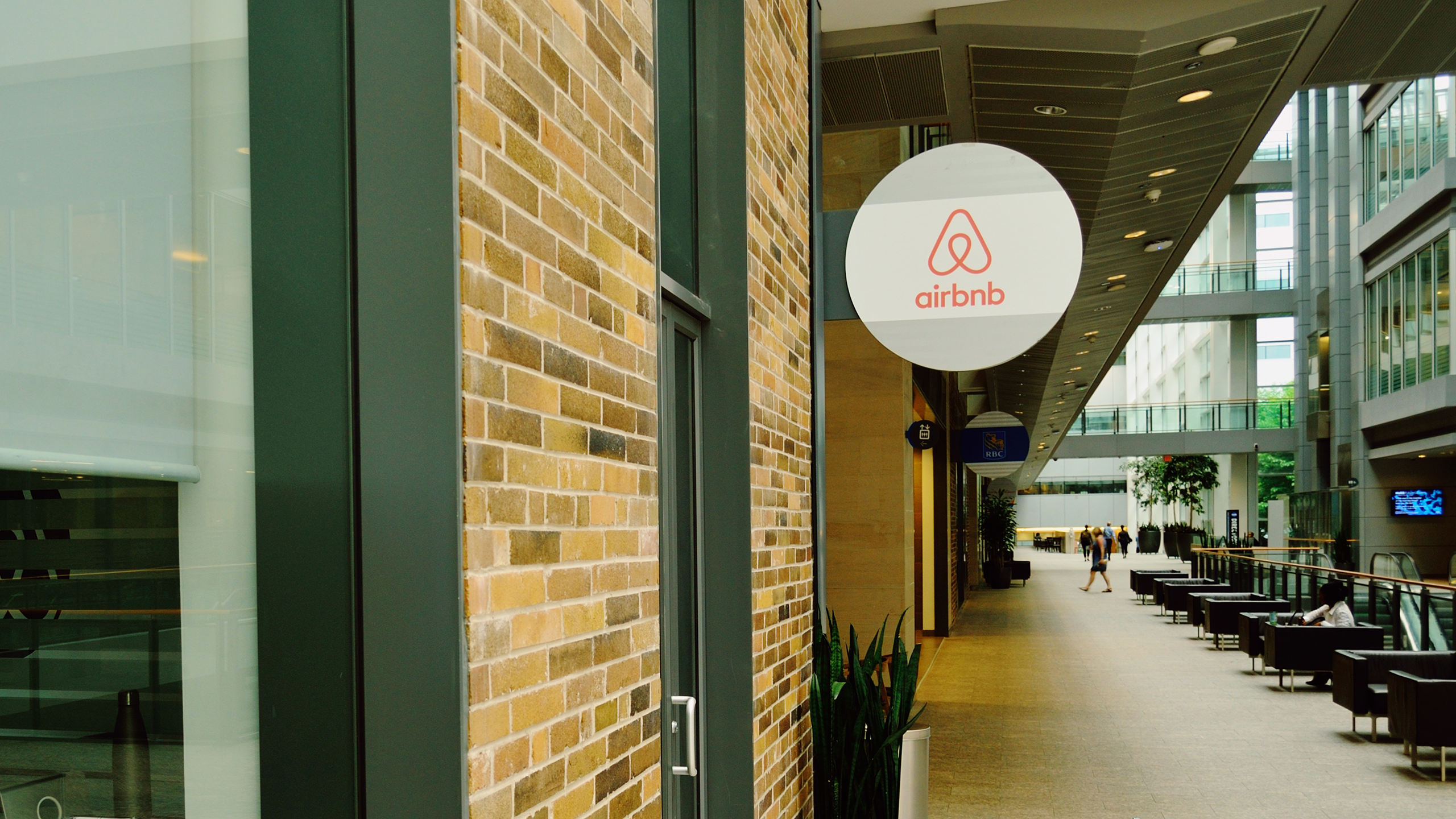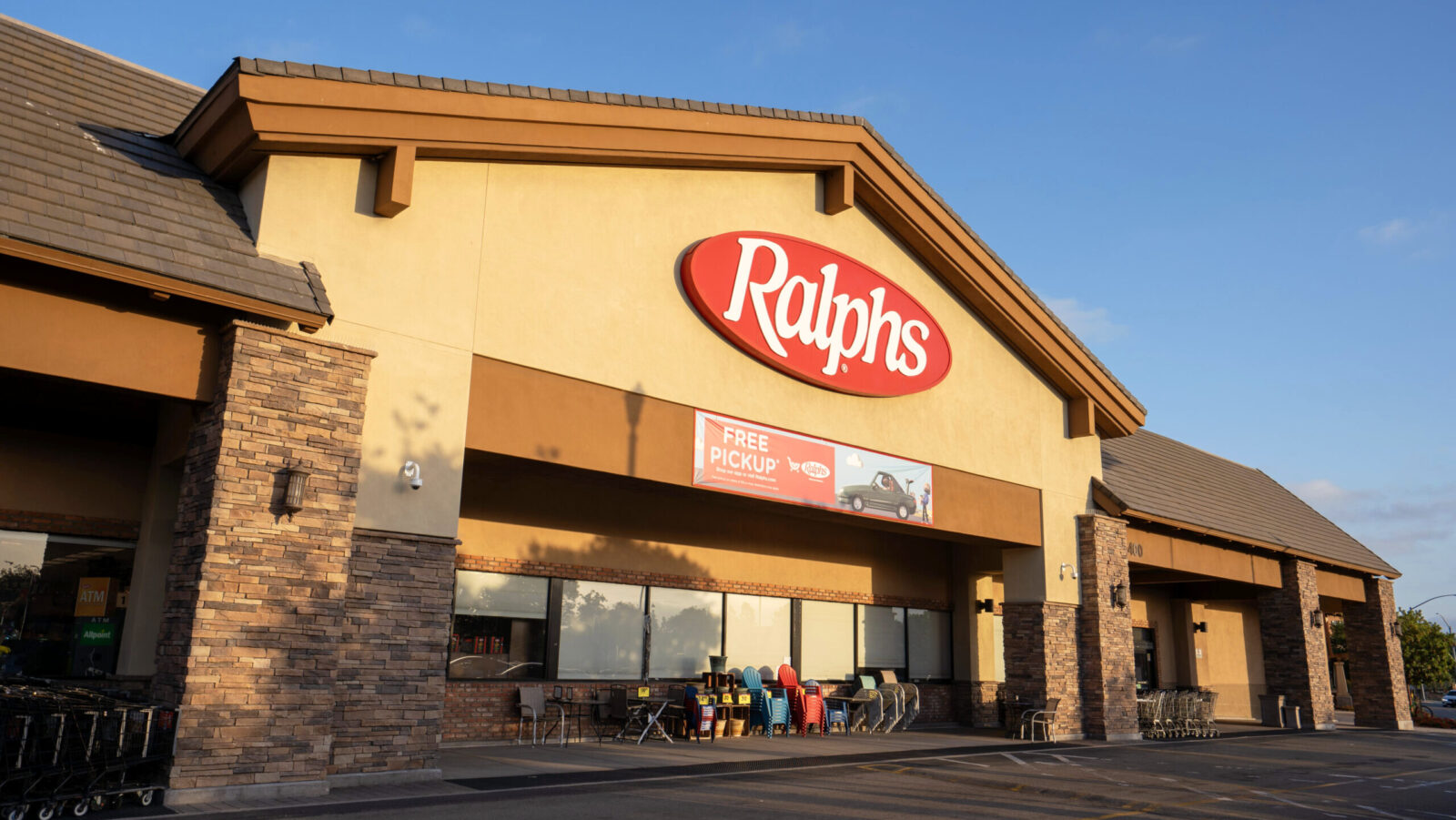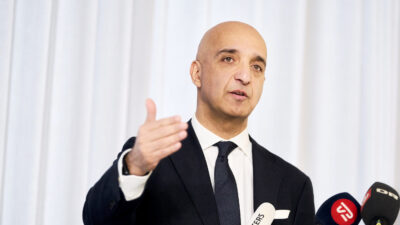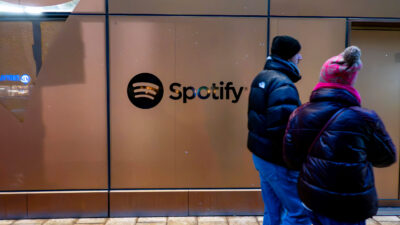Airbnb Reinvents Itself to Regain Rizz
Aibnb is branching out beyond short term rentals as it faces falling travel demand and regulatory pushback from some cities.
Sign up for smart news, insights, and analysis on the biggest financial stories of the day.
AirBnB wants to be AirAtoZ. The short-term rental platform overhauled its app to let guests add hotel-like services to their stays, including room service and spa treatments.
The company also updated its “Experiences” offering, bookable tours and events hosted by locals. New options include a tour of the Notre-Dame Cathedral hosted by one of the architects who worked on its restoration and a ramen-making class with Michelin Bib Gourmand winner Saburo Ishigoka.
Beyond that, Airbnb added an upper tier of experiences it’s calling “Originals” that’ll include a day playing football and eating BBQ with Patrick Mahomes and a chance to cosplay as anime characters with Megan Thee Stallion.
Airbnb n’ a Lot More
Airbnb’s investing as much as $250 million to expand beyond the couch-surfing economy. Its revenue-diversifying plan also includes becoming more like a social platform with expanded profiles and group chats and adding an AI-powered travel concierge.
Airbnb has tried to expand beyond home rentals before (Experiences started in 2016), but switched its focus to its core business when the pandemic wiped out 80% of its bookings. Business eventually bounced back to 2020 levels, but Airbnb faces other threats:
- Last month, Airbnb forecast weaker-than-expected revenue for the current quarter, pointing out falling demand for travel from Canada to the US. Summer flight bookings from Canada to the US are down 21%, reported The New York Times.
- A handful of major cities have banned or strongly regulated short-term rentals in recent years. Airbnbs are illegal or tightly controlled in Barcelona, New York City, Montréal, Berlin, and several cities on the California coast including Santa Monica.
Cleaning Fee Crisis: Airbnb rose to popularity with the promise of accommodations that were both cheaper than traditional hotels and more authentic. But over time, Airbnbs became pricier without any of a hotel’s perks. Travelers complained about having to, for instance, run dishwashers and start loads of laundry. New services could help Airbnb better compete with hotels, which CEO Brian Chesky has said is core to his plan. But the company also seems to want to go beyond that and become the virtual version of a hotel lobby’s wall of travel pamphlets.












